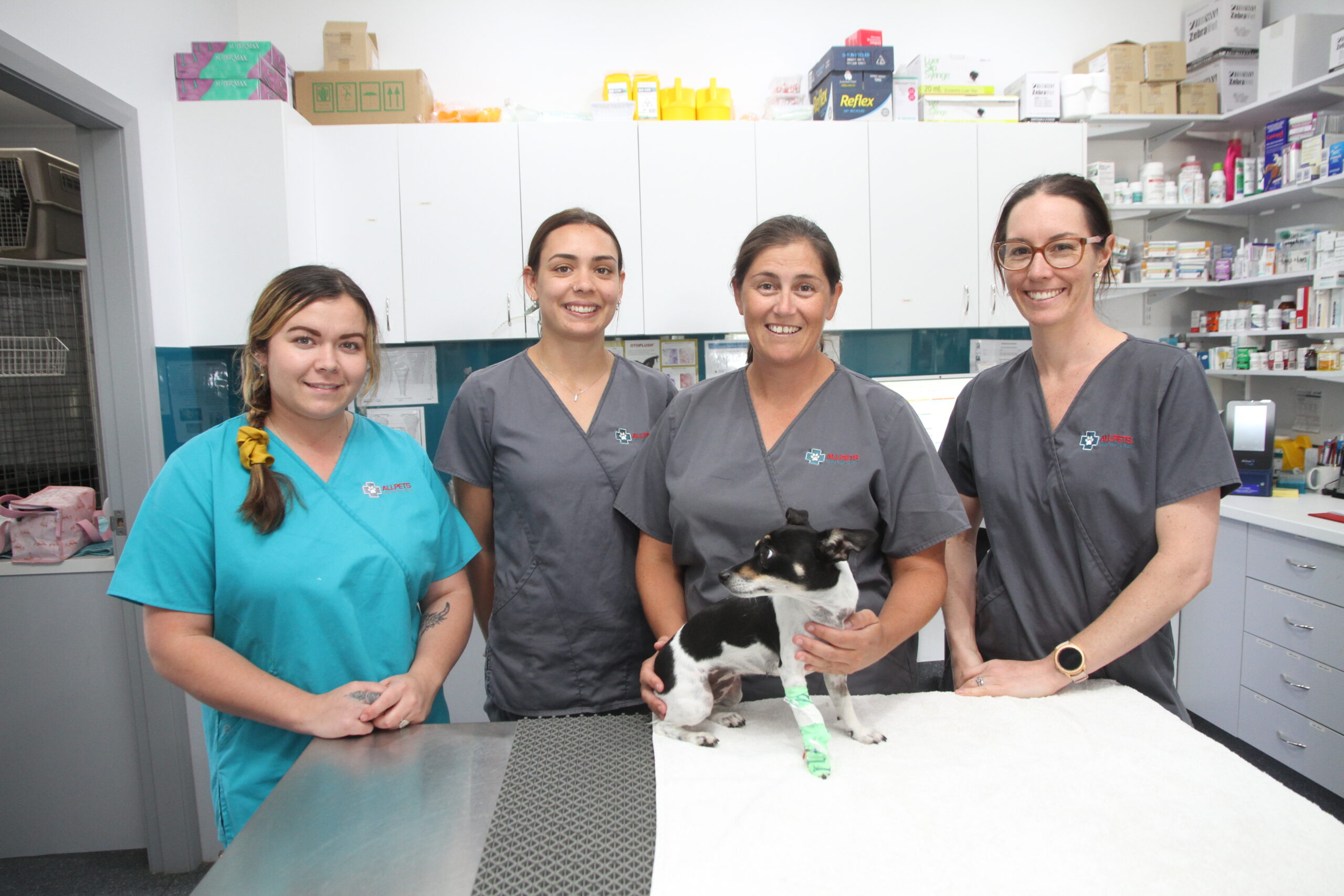As mice rampage across the countryside in plague numbers infesting homes and sheds, poison is being deployed to defeat them.
Pet owners have been warned to be careful with the placement of mouse and rat baits.
Dogs and cats which ingest rat baits may die.
There has been a big rise in the number of pets presenting at veterinary clinics with symptoms of poisoning after they have eaten baits.
“We have seen a significant increase in the number of dogs who have eaten mouse or rat baits,” said Narrabri veterinarian Stacey Dunn.
“Pet owners should be careful where they place baits. Dogs can get access to baits which you may think are out of reach. And the baits are designed to be tasty for mice and rats – that means they are tasty to pets as well.
“Apart from eating the baits, dogs are good mousers and if they eat a mouse they will also ingest the poison the mouse may have eaten.”
Dr Dunn said she hadn’t seen the current high level of poisonings for years.
Allpets Veterinary Clinic in Narrabri has been treating many dogs, including with blood transfusions.
The RSPCA warns of the dangers of pet poisonings.
“If you are using rat baits, make sure that they are always stored and used out of reach of children and other animals,” a spokesman said.
“Loose poison baits should not be used, instead the poison should be inside a bait station that cannot be accessed or opened by children and pets.
“Take steps to avoid your dog gaining access to rat baits outside your property by keeping them on a leash in areas where you know rat baits are present, and preventing them from eating rodents or carcasses.”
If you think your pet has eaten mouse or rat bait get them to the vet fast.
To order photos from this page click here




